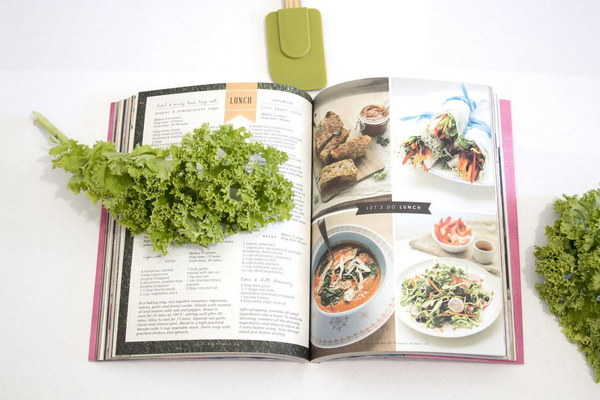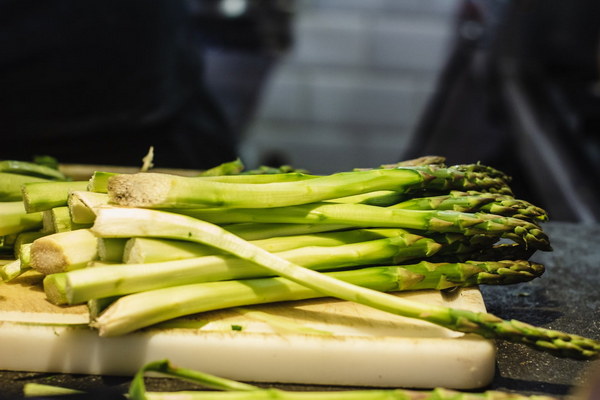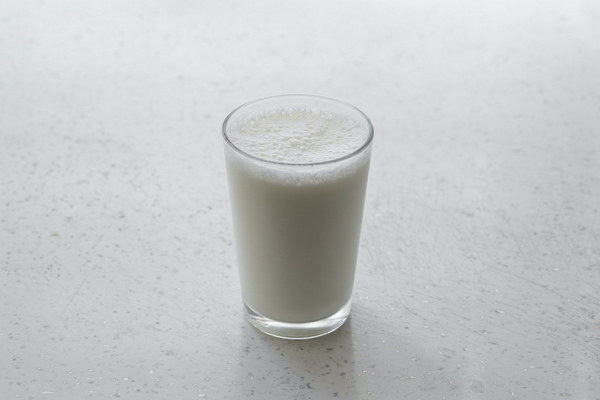Revitalizing Your Pet's Liver A Glimpse into Traditional Chinese Herbs for Pet Hepatic Care
In the realm of pet care, maintaining liver health is of paramount importance. Just like humans, pets can suffer from liver diseases, which can be life-threatening if left unchecked. While conventional treatments play a significant role, many pet owners are turning to traditional Chinese herbs for their pets' liver care. This article explores the world of traditional Chinese herbs and their potential benefits in revitalizing your pet's liver.
Understanding Liver Function in Pets
The liver is a vital organ responsible for filtering blood, detoxifying harmful substances, and producing bile to aid in digestion. In pets, liver function is crucial for overall health, and any impairment can lead to a range of symptoms, including vomiting, diarrhea, jaundice, and lethargy.
Traditional Chinese Herbs for Liver Support
Traditional Chinese medicine (TCM) has been practiced for thousands of years and offers a holistic approach to pet health. TCM focuses on balancing the body's energy, or Qi, and treating the root cause of illness rather than just the symptoms. Here are some common TCM herbs used to support liver health in pets:
1. Bupleurum (Chai Hu): This herb is often used in TCM to treat liver disorders, improve digestion, and reduce inflammation. It's believed to help regulate the flow of Qi in the liver and gallbladder, thereby promoting overall liver health.
2. Scutellaria (Huang Qin): Scutellaria is known for its anti-inflammatory and antioxidant properties. It's commonly used in TCM to treat liver inflammation, jaundice, and other liver-related conditions.
3. Coptis (Huang Lian): This herb is rich in berberine, a compound that has been shown to have liver-protective properties. Coptis is often used to treat liver inflammation and improve bile flow.
4. Peony (Shao Yao): Peony is believed to help regulate Qi and blood flow, which can be beneficial for liver health. It's often used in combination with other herbs to treat liver and gallbladder disorders.
5. Silymarin (Milk Thistle): Although not a traditional Chinese herb, silymarin, extracted from the milk thistle plant, is often included in TCM formulas. It's known for its liver-protective properties and is thought to help regenerate liver cells.

Combining Herbs for Maximum Effect
In TCM, herbs are often combined to create customized formulas tailored to the individual needs of the pet. These formulas may include a combination of the above-mentioned herbs, as well as other TCM herbs, depending on the specific liver condition and the pet's overall health.
Consulting with a Professional
It's crucial to consult with a qualified veterinarian or a TCM practitioner before administering any herbal remedies to your pet. These professionals can provide guidance on the appropriate dosage, potential side effects, and how to safely integrate herbal treatments with conventional veterinary care.
Benefits of Traditional Chinese Herbs
Traditional Chinese herbs offer several potential benefits for pet liver care:
- Natural and Safe: Many TCM herbs are derived from natural sources and have fewer side effects compared to conventional medications.
- Holistic Approach: TCM focuses on treating the whole pet, not just the symptoms, which can lead to better overall health and well-being.
- Customizable Formulas: TCM practitioners can create customized formulas that address specific liver conditions and the pet's overall health.
In conclusion, traditional Chinese herbs can be a valuable addition to your pet's liver care regimen. By supporting liver health and promoting overall well-being, these natural remedies can help ensure your furry friend lives a long and happy life. Always consult with a professional before starting any herbal treatment for your pet.









